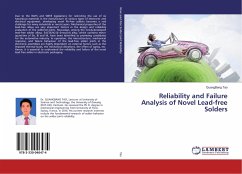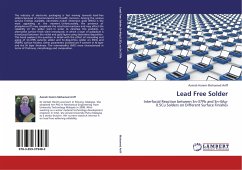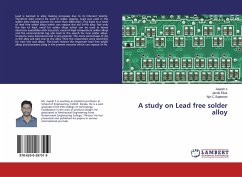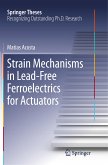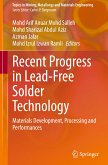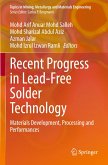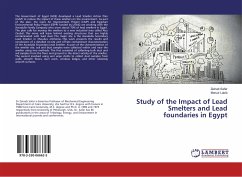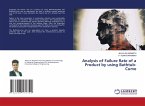Due to the RoHS and WEEE legislations for restricting the use of six hazardous materials in the manufacture of various types of electronic and electrical equipment, developing novel Pb-free solders becomes a real challenge for many industrials in recent years. Mechanical properties of the lead-free alloys are very important factors in the design and reliability evaluation of the soldered joints. Nowadays, among the newly-developed lead-free solder alloys, SAC-Bi,Ni,Sb (InnoLot) alloy, which contains minor quantities of Sb, Bi and Ni, have been identified as promising candidates for the automotive industry. In operation, the microstructure, mechanical response, and failure behaviour of the lead-free solder joints in the electronic assemblies are highly dependent on external factors such as the imposed thermal loads, the mechanical vibrations, the effect of aging, etc. Hence, it is essential to understand the reliability and failure of the novel lead-free solder in electronic packaging.
Bitte wählen Sie Ihr Anliegen aus.
Rechnungen
Retourenschein anfordern
Bestellstatus
Storno

